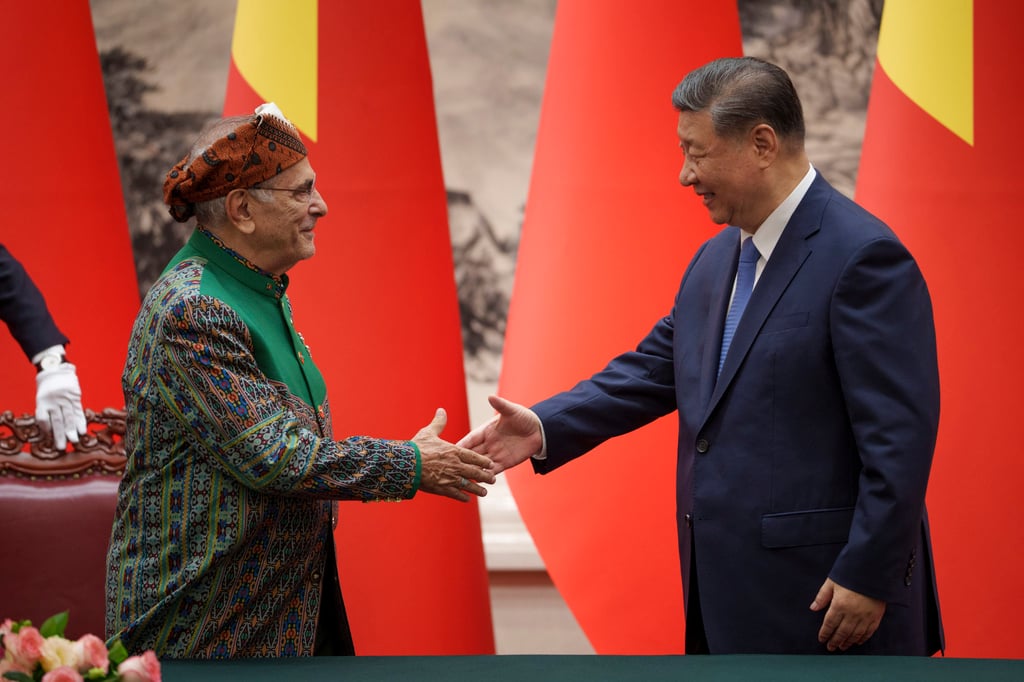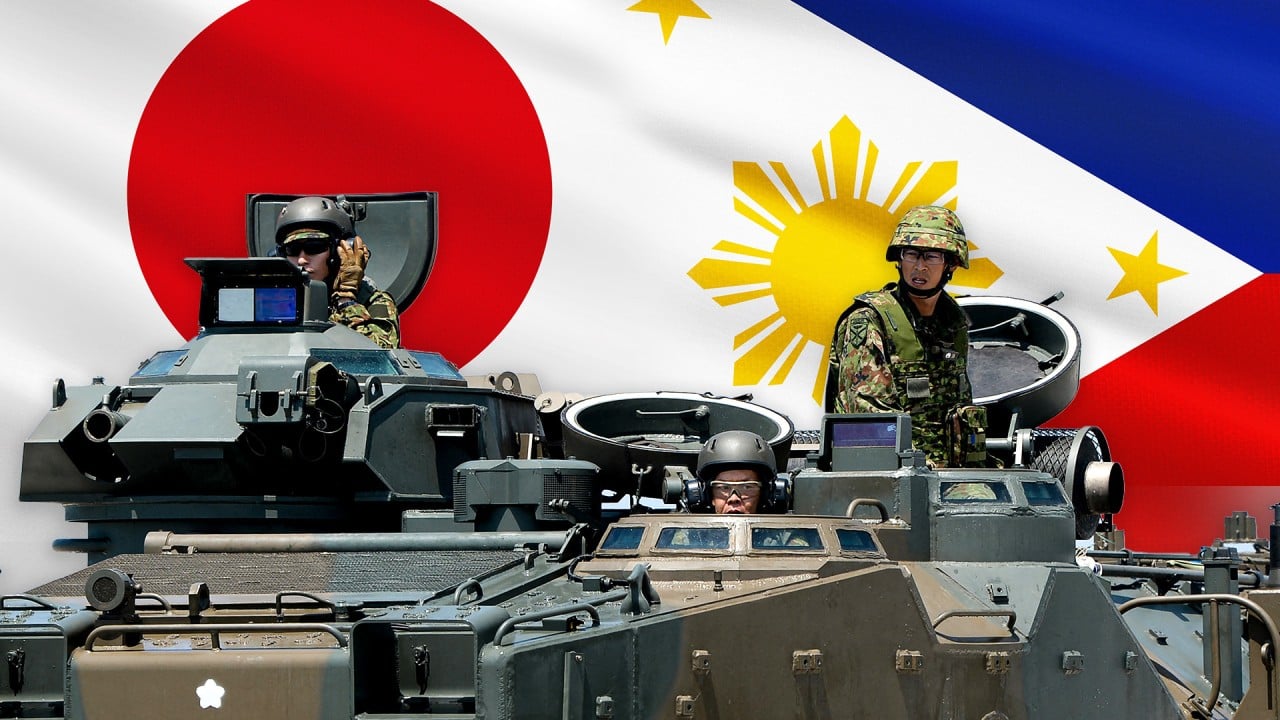Subtle but substantial: China’s outreach to island states tips military power play
The Solomon Islands’ ruling party pledged in February to “strengthen relationships with China through a ‘look North’ foreign policy, while nurturing ties with other traditional partners such as Australia”.
Observers said that China’s growing influence was giving Beijing a strategic outlook on regions previously beyond its reach, but there were also incentives for East Timor and other small island nations to seek their own strategic advantages.
Huang Chin-Hao, an associate professor of political science at the National University of Singapore, said that East Timor – one of Asia’s poorest nations – was still rebuilding from the pre-independence conflict and “remains relatively fragile in terms of its security and defence capabilities”.
“[East Timor’s] priority and urgency is ensuring internal stability within the country and having the capability to ensure that … I think this is one area where China could play some role, in terms of training, providing equipment,” he said.

According to Huang, the East Timor government would also be eagerly looking for external help with its border and coastline security, while remaining “conscientious of not overly relying on just one source”.
“I wouldn’t say [its strategic location] is that important [to China], but as they’re looking into developing closer partnerships with small states in the region, East Timor seems to be a good one to cultivate and further those ties, just because the baseline for any prior engagement is so low,” he said.
Beijing and Dili agreed in July to enhance exchanges “at all levels” between the military and police forces, including training, equipment and technology, joint exercises and law enforcement, according to the Chinese foreign ministry.
In the five-day visit to Dili that followed soon after, a Chinese military delegation and East Timor representatives “exchanged views on promoting bilateral defence cooperation”, China’s defence ministry said.
The two sides “reached a series of consensus, which further enriched the connotation of bilateral defence cooperation”, it added.
East Timor has a relatively small military of around 2,000 personnel, with vehicles and equipment mostly donated from other countries, according to the Australian Army. These include China, South Korea, and the US.
According to Huang, closer security ties with East Timor – which has observer status with the Association of Southeast Asian Nations – could be “potentially useful for China to have their ears closer to the ground to the region”.
“It’s about building trust with potentially the newest member of Asean and hopefully being able to leverage that trust and relationship cultivated over the years to strengthen those ties in ways that would fulfil Chinese military diplomacy, especially when it comes to disputes and things like that in the South China Sea.”
But East Timor did not have the capacity to receive large Chinese vessels or naval ships, while China would “definitely not” be able to base its personnel on the island any time soon, Huang said.
China also “does not have that kind of forced projection like the United States has, or what Australia has, given [its] historical ties [with] those countries”, he added.
Abdul Rahman Yaacob, a research fellow with the Lowy Institute’s Southeast Asia Programme, said he expected that East Timor was likely to maintain an equal distance from the US, China and Australia.
“The country’s leadership is not keen for East Timor to be drawn into great power rivalry but at the same time, it seeks to draw economic benefits from engaging with foreign powers,” he said.
East Timor and the Solomon Islands are not the only island nations navigating between China and the US, along with its allies in the Indo-Pacific region, as Beijing presents itself as an alternative economic and security partner.
Australia’s long-standing Pacific maritime security programme covers 15 of its Pacific Island neighbours as well as East Timor and provides help in maritime security, governance, communications and training.
Australia also has 21 army and two navy personnel stationed in East Timor as part of the maritime security agreement.
New Zealand also has a mutual help programme for regional peacekeeping and deploys two military personnel with the East Timor military to provide strategic and logistics advice. Wellington also provides policing support.
In addition to its security pact with the Solomon Islands and its agreements with East Timor, China has increased police cooperation with countries like Fiji, Kiribati, Samoa, and Vanuatu.
The Chinese naval hospital ship Peace Ark also visited East Timor and four Pacific island nations to provide humanitarian medical services last year.
These engagements with China have been viewed as balancing acts to the traditional security help that the US provides to the island states, including the joint annual Carat exercise between the US Navy and East Timor Defence Force, held this year in June.
According to the Lowy Institute, an Australian think tank, the number of military exercises China conducted with East Timor between 2021 and 2023 amounted to less than a fifth of East Timor’s drills with US forces over the same period.
Zhiqun Zhu, an international relations professor and director of the China Institute at Bucknell University in Pennsylvania, said China’s main interests in the region remained economic, despite its increased investments and aid.
“To the extent that China wishes to protect its overseas commercial interests, it will beef up security cooperation with countries where it has investment and personnel. However, this is not the same as the assumption that China intends to become a military power in the region,” he said.
